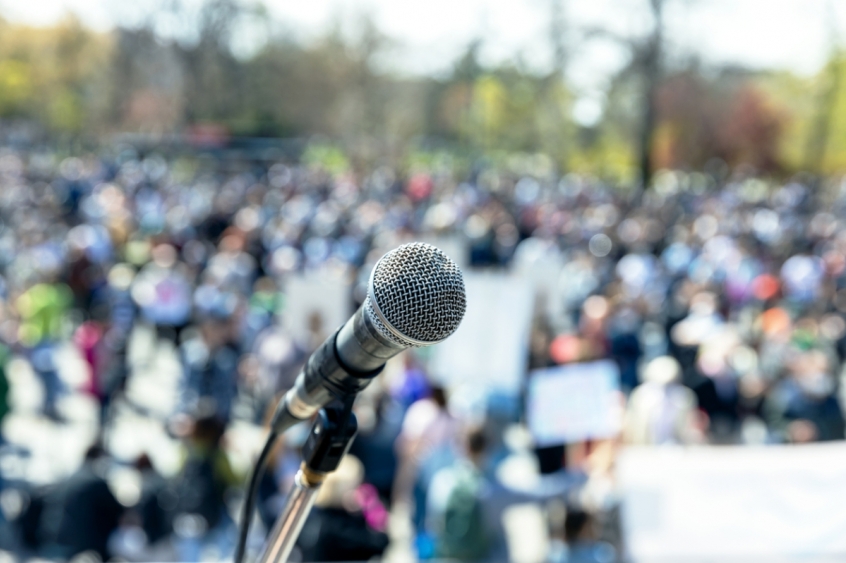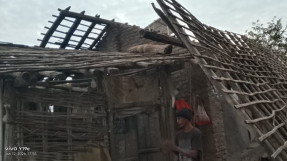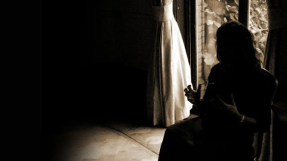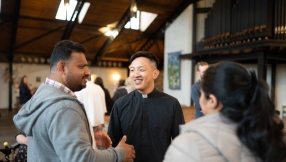
Faith leaders have written to parliamentarians urging them to protect peaceful protest ahead of a debate on contentious legislation in the House of Lords.
They express fears that Part 3 of the Police, Crime, Sentencing and Courts Bill will have a "chilling effect" on non-violent protest.
The faith leaders hit out at "draconian" proposals to increase fines and sentences for protest-related offences, and warn that prayer vigils, public acts of worship, community events and street preaching are all "likely" to be affected.
They also raise concerns that the bill will have "a disproportionate negative impact" on people of colour.
Amendments to the legislation are being considered by peers on Monday.
The letter raises additional concerns about the impact of a new trespass offence on Gypsy, Roma and other traveller communities.
"This further criminalises marginalised communities who already suffer profound stigma and economic hardship. It also risks making many members of the community homeless," the letter reads.
It instead urges the government to provide more permitted stopping places.
"As people of faith and belief, we share common principles of equality and justice. We believe human beings have inherent dignity, which is protected by human rights," the letter states.
"We find this bill to be incompatible with these values."
The letter has been signed by dozens of faith leaders, including Rev Lynn Green, General Secretary of the Baptist Union of Great Britain, Rev Clare Downing, Moderator of the General Assembly of the United Reformed Church, Rev Paul Rochester, General Secretary of the Free Churches Group, and Rev Sonia Hicks, President of the Methodist Church in Britain.
Another signatory to the letter, Pete Moorey, head of Campaigns & UK Advocacy at Christian Aid, called the legislation a "dangerous attempt to put restrictions on peaceful protest".
"From campaigning for climate justice to calling for action on food poverty in the UK, churches and people of faith are often at the forefront of movements for change," he said.
"To tackle extreme poverty and the injustices that cause it, we must be able to speak truth to power. But this law puts this under threat.
"By giving police powers to impose restrictions on protest, this Government is restricting our rights to speak out against poverty. Our voices must be heard."













